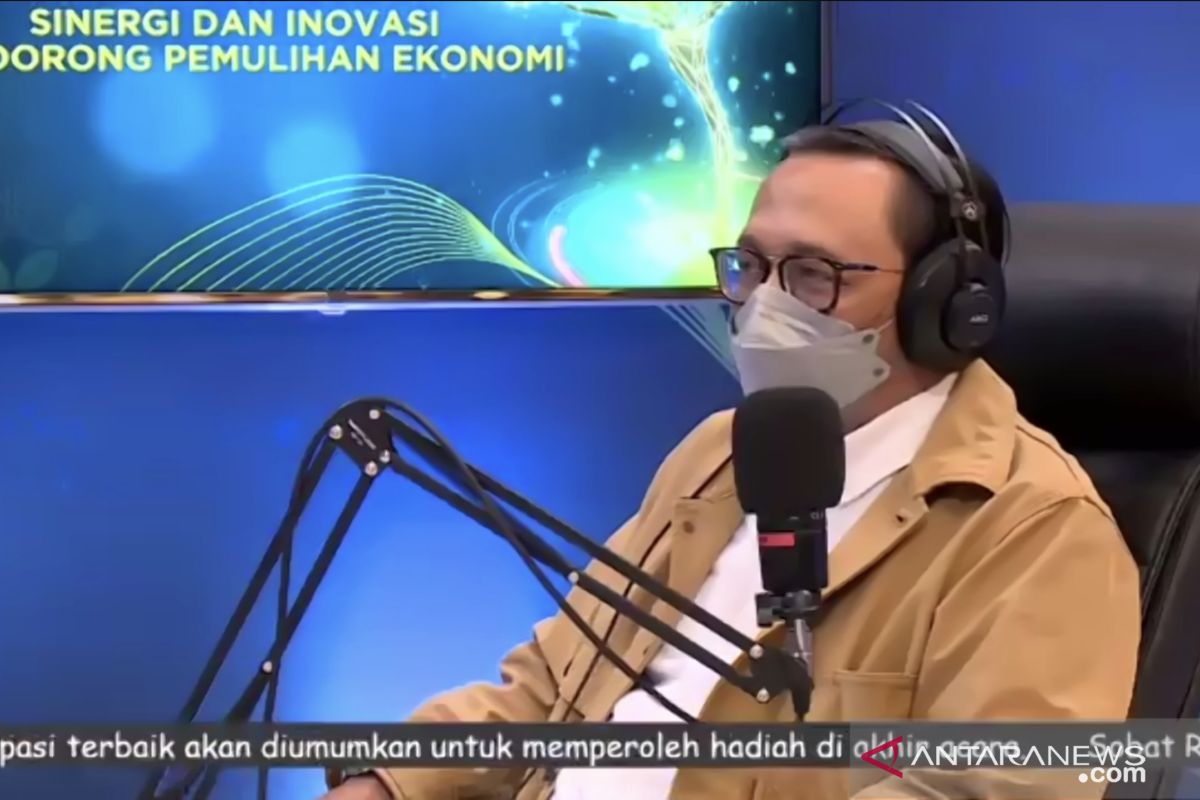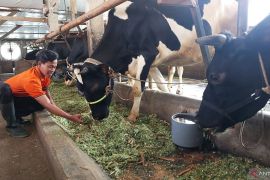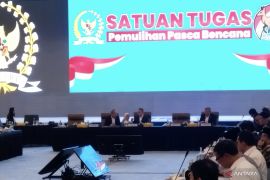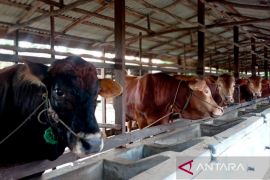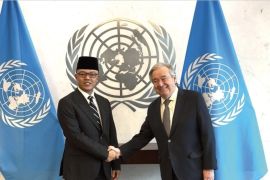This outlook is supported by recovery of the global economy and increasing domestic productivity due to structural reformation, including the acceleration of economic digitalization reformation in addition to the state's finances, primary market, and strengthening of the small and medium business sector.
"Development of the sharia economy and halal finance, including the halal industry, also provided significant contribution to the economic performance as a whole," Agung noted.
Indonesia's economic growth is estimated to increase in 2022 and grow within the range of 4.7 percent to 5.5 percent, supported by stronger private consumption, solid export performance, and better investment.
This growth prospect is also supported by an increase in public mobility, faster unveiling of the vaccination program, reopening of economic centers, and policies being implemented, he explained.
Primary economic sectors, such as manufacturing, trade, construction, and the agriculture industry, will receive an economic momentum this year.
"We also expect that tourism will gain momentum with mobility normalization, especially with the MotoGP held in Mandalika, Lombok," he pointed out.
Related news: Ensuring economic recovery does not lose steam
Meanwhile, the halal industry economic sector continues to show resiliency during the pandemic in addition to the sharia business that experienced positive growth within the scope of recovery, Agung noted.
This aligns with the increase in the national business activities.
According to the recent Global Islamic Economic Report, Indonesia's placement in terms of the development of the sharia economy and finance ecosystem has risen significantly as compared to that in 2018, thereby demonstrating that the country has recorded significant acceleration and development of the sharia economy, specifically in the halal industry.
Related news: Indonesia presses for ASEAN recovery at 41st HLFT-EL
Translator: Agatha Olivia V, Fadhli Ruhman
Editor: Rahmad Nasution
Copyright © ANTARA 2022
